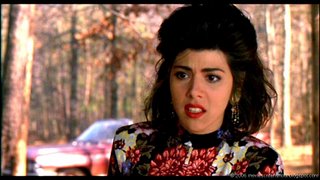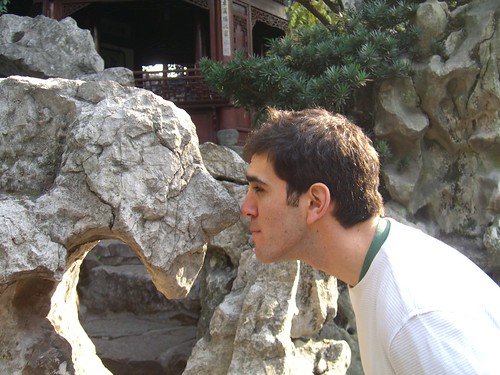Breakfast Club Says: "Don't You Forget About Me."

It seems that every year Hollywood provides for the American audience a jaunt into the world of teenage angst, sexuality, and alcohol abuse. The annual barrage of often formulaic and uninspired “teen flicks” routinely falls short of evoking actual emotions; they choose instead to settle for the bizarre and contrived, usually incorporating overly-used stereotypes (nerds, jocks/bullies, outcasts, and beauties) and throwing them together in the alcohol filled melee of a house party that closer resemble a Dionysian orgy than the actual, awkward and redundant weekend nights of high school students -- those who don’t have bands performing in their living room or participate in mass-choreographed dance sequences. These teen movies are no recent phenomenon; for more than twenty years America has depicted its suburban youth in this fashion, and before there were Can’t Hardly Wait or Ten Things I Hate About You, there was Clueless, and before that the 1980’s gave us Fast Times At Ridgemont High and the collection of teen films by John Hughes, most memorably Sixteen Candles, Weird Science, Ferris Bueller’s Day Off, and, the subject of this article, The Breakfast Club.
While Hughes’s movie about five students serving their detention together retains the common and clichéd elements shown in the rest of these movies, it also stands apart as the popular misfit of its group. We are presented with standard archetypal characters, but their presence is not purely for comic relief or satire. Placed together on a quite and all-too-sober Saturday morning detention, each character achieves a kind of redemption uncommonly found in its genre that comes not from some plot driven triumphal accomplishment – getting the prettiest or unattainable girl, losing one’s virginity, getting accepted to their first choice college,…etc. – but by the connections each character makes with the different representatives of the high school social hierarchy. Each character enters the film with a label, constantly aware of their own and each other’s, but over the course of their day, during those few hours which we observe, their redemptive accomplishments lie in the discovery of their shared troubles, the commonality of being young and naïve and without all or any of the answers.
To watch it now, The Breakfast Club appears somewhat dated; the characters are so very representative of the 1980’s fashion and popular culture (the film itself a defining icon of its decade), but in the flood of present day teen comedies these characters serve as a refreshing depiction of suburban teendom. However, I do not wish to place this film so far from other teenage movies, as it does incorporate strange and improbable scenes of dancing, and the obvious antagonist figure of the assistant principal, who sporadically proctors their detention, his inability to govern providing comic relief. What does set the movie apart is the respect it shows all of its characters -- balancing their moments of embarrassment or ridicule with pathos and understanding. Even the assistant principal does not succumb to one-dimensionalism, as the film provides us with scenes that illuminate his perspective on the plot, showing his moments of strict discipline -- the manner in which he proctors -- as symptomatic of his growing awareness of his own impotency as a disciplinarian; the movie does not simply vilify him, but justifies his overly compensatory strictness by sympathizing with his dilemma.
As the teenagers of the 1980’s have now become the parents of today, The Breakfast Club takes on a greater significance. For those who were young when the movie first appeared, it should be viewed as a reminder of their frustrations as children, who once commiserated with its characters who state, “When you get older, your heart just dies.” And, perhaps more importantly, for those high school students of today, the movie should be watched, because it portrays the life of a teenager with realism and respect; and its themes, in contrast to its characters’ fashion, still hold true today. Ideally, the teenager of today should find solace in this less glorified depiction of their world, proving that the sensationalized reality of other teenage movies do not offer expectations or examples for their own teenage years; that their lives are not as dull as they seem when compared to these newly glorified characters; and that the categories and labels of high school society are not permanent or even precise, but arbitrary and meant to be broken. The truth that comes to each of us when we graduate from high school comes as a soothing realization that it was not as important as we had thought it to be. The Breakfast Club reminds us of this, while still maintaining the respect for its characters and its young audience, by understanding that however pointless it may seem in one’s later memory, at the time, those years were awkward and arduous and very important.








